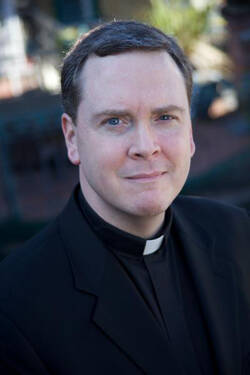If you search for 417 Ocean Boulevard, Long Beach, Calif., in Google Street View, you’ll get a picture of the spot where a U.S. presidential election was decided. Today this place is a modest semi-urban intersection, the sort of unremarkable confluence of concrete and steel you’d find in Anytown, U.S.A. In the summer of 1916, though, the Virginia Hotel stood there and was playing host to the Republican presidential nominee, Charles Evans Hughes.
Mr. Hughes was the 36th governor of New York from 1907 to 1910 and had also served as an associate justice of the U.S. Supreme Court. Later in life, he would serve as U.S. secretary of state, chief justice of the United States and as a judge of the International Court of Justice. His was a truly amazing career, though in all likelihood you have never heard of Charles Evans Hughes or you may only vaguely remember hearing his name in some high school history class. That is because of what happened at the Virginia Hotel.
Then, as now, California was a big player in presidential politics, and Mr. Hughes had gone to Long Beach in the hopes of uniting the fractious California Republican Party and securing the state’s electoral votes. When Hughes checked into the Virginia Hotel, it just so happened that the sitting governor of California, Hiram Johnson, was already there, taking a break from his own campaign swing through the region. According to The Los Angeles Times, when Governor Johnson learned that his party’s presidential nominee was staying at the same hotel, he expected that Mr. Hughes would pay him a courtesy call. But Hughes, for reasons that are still unclear, checked out without even saying hello. Governor Johnson was furious, and the incident transformed his lukewarm support for Mr. Hughes into quiet but ultimately effective opposition.
When the votes were counted in November, Woodrow Wilson had beaten Hughes by only three percentage points in the popular vote, one of the narrowest margins in presidential history. As it turns out, it was Californians who had decided the election. Mr. Wilson had carried the Golden State by a little over 3,800 votes out of nearly one million cast. We can reasonably presume that an enthusiastic sitting governor could have changed the outcome by swinging those relatively few votes to Hughes.
Those 3,800 votes were the difference between historical immortality and relative obscurity for Mr. Hughes. That is painfully evident at his grave in Woodlawn Cemetery in the Bronx. During a recent visit, it took me 25 minutes to find the grave marker; it is literally obscured by brush and dust, passed by hundreds of unaware visitors daily.
A lot of people are making much of the “inevitability factor” in the present presidential contest, and quite a few very smart people think they have it figured out, especially folks who make a living through their political analyses and prognostications. But it’s a reasonable bet that not one of those talking heads is as smart as Charles Evans Hughes was, so we’d be well advised to take their predictions with a grain of salt.
A day is a long time in politics; so we can easily imagine how long a month or a year is. And if Mr. Hughes’s misfortune is not sufficiently instructive in this regard, then we might also consider the fate of the Virginia Hotel itself. When it opened in 1908, it was the most popular and most opulent resort in southern California. The Great Depression closed its doors in 1932, and the Long Beach earthquake reduced it to rubble in 1933. Thus an echo of Job’s lament can still be heard there by those who listen carefully enough: “Naked I came from my mother’s womb. And naked I shall return there. The Lord gave and the Lord has taken away. Blessed be the name of the Lord.”








